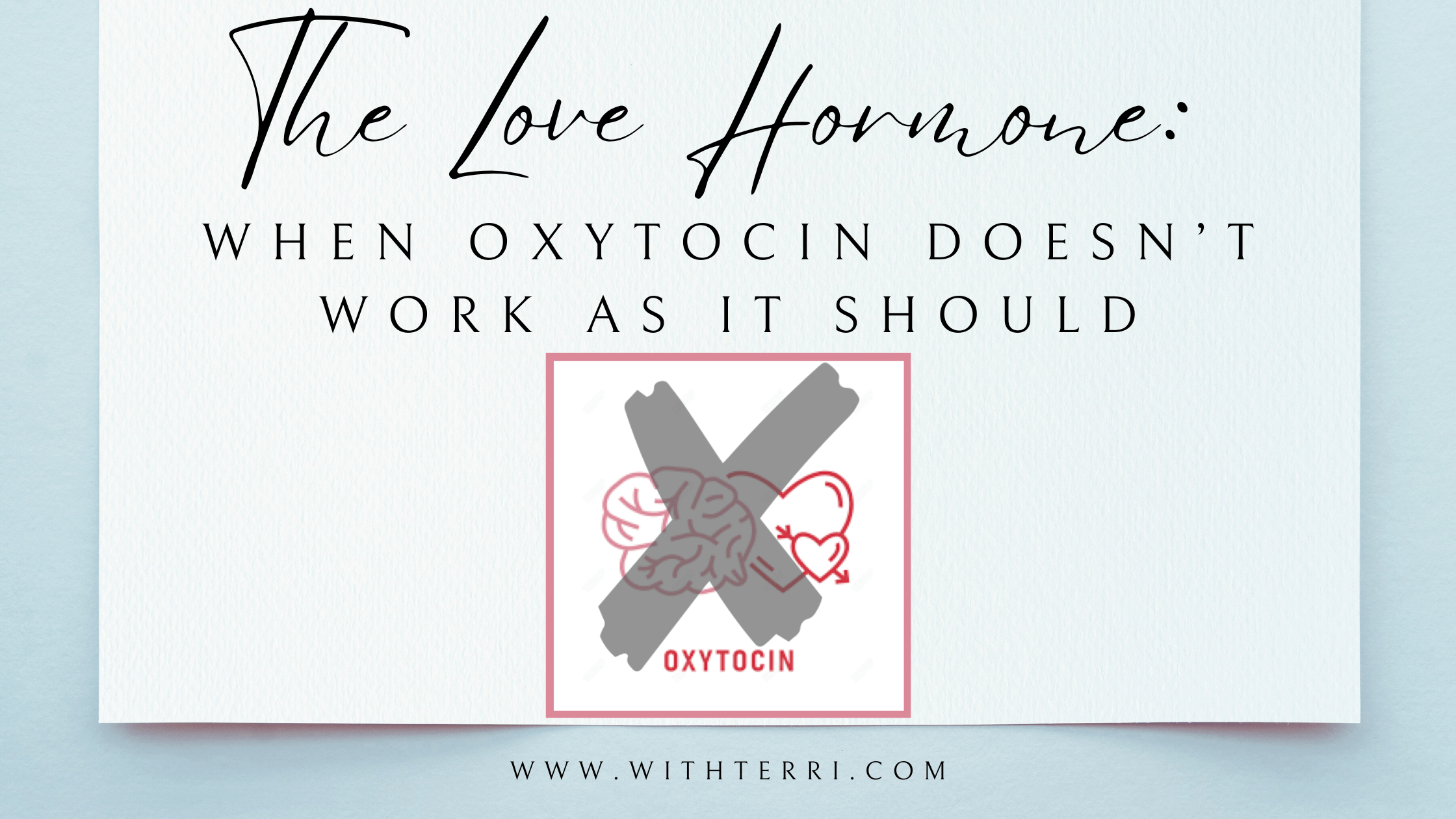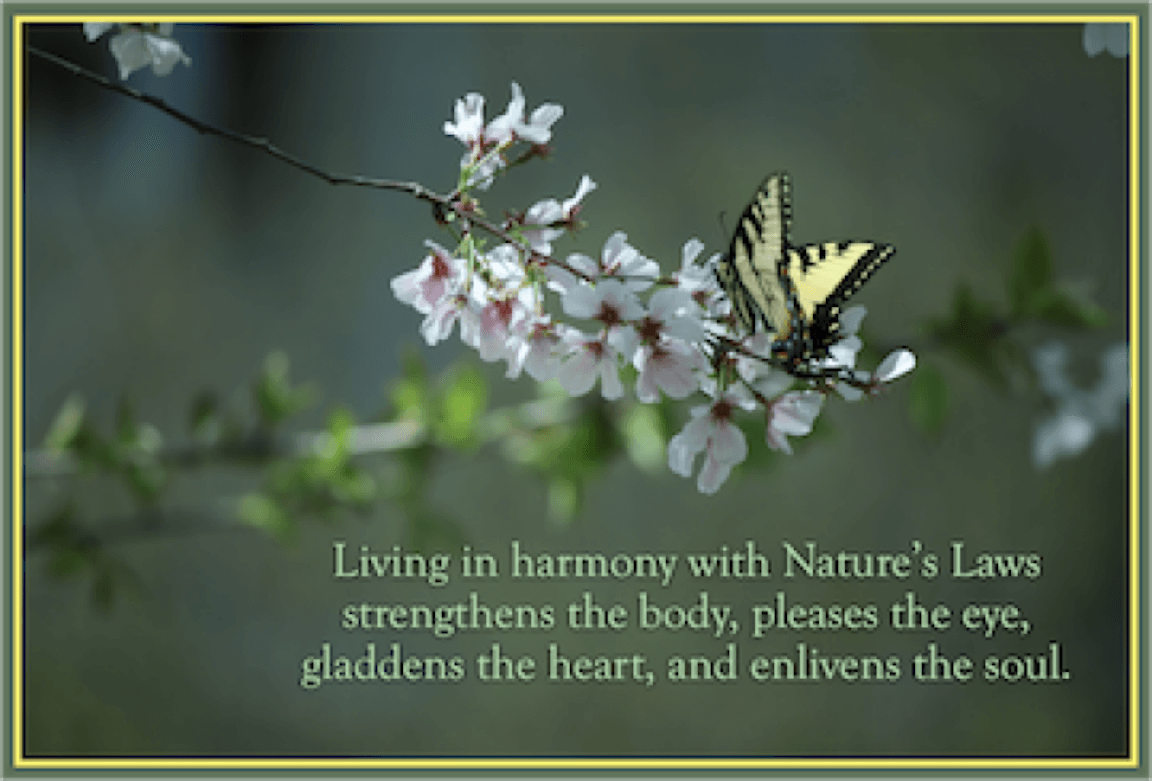 In Part 1, we explored the beauty of oxytocin — how it bonds, heals, restores, and connects us. But just as balance brings harmony, imbalance brings disconnection. Not everyone experiences oxytocin the same way, and in some people, this vital hormone’s effects are muted or even reversed.
In Part 1, we explored the beauty of oxytocin — how it bonds, heals, restores, and connects us. But just as balance brings harmony, imbalance brings disconnection. Not everyone experiences oxytocin the same way, and in some people, this vital hormone’s effects are muted or even reversed.🚫 When Oxytocin Can’t Do Its Job
In a healthy, emotionally secure person, oxytocin fosters empathy, trust, and connection. But in those with certain personality disorders — particularly narcissistic or antisocial traits — the oxytocin system doesn’t function normally.
🔹 Blunted oxytocin response – Studies show that narcissists and people with low empathy often have impaired oxytocin signaling in the brain. They may produce oxytocin, but their receptors don’t respond properly, or the hormone doesn’t activate the expected emotional pathways.
🔹 Inverted effects – In some, oxytocin can actually enhance manipulation or favoritism toward select individuals rather than creating open, compassionate love. Instead of empathy, it reinforces loyalty to the self.
🔹 Chronic stress and trauma – People raised in unstable, unloving homes often develop disrupted oxytocin systems. Over time, high cortisol (the stress hormone) weakens oxytocin pathways, making it harder to bond or trust.
When this happens, relationships feel one-sided — full of taking, not giving. Love becomes a performance, not a connection.
💔 The Oxytocin-Deficient Relationship
When one or both partners have chronically low oxytocin — whether from trauma, stress, neglect, or emotional/personality disorder — the relationship reflects that void.
It looks like:
- Constant conflict or emotional distance
- Little empathy or tenderness
- Touch that feels mechanical, not connecting
- Sex that relieves tension but doesn’t deepen love
- An ongoing sense that you’re “in it alone”
Without oxytocin’s softening influence, relationships can turn cold even when they appear stable on the surface. Words replace feelings. Duty replaces affection. And over time, the chemistry of connection fades away.
🧠 Can Oxytocin Be Repaired?
To a degree — yes. Lifestyle changes, emotional healing, touch, laughter, and forgiveness can all raise oxytocin levels. But here’s the hard truth: not everyone is willing to do the work required. And for those with personality disorders, they cannot make the change to contribute fully to a healthy, oxytocin-rich relationship.
Some people are so defended — or so addicted to the highs of control and self-centered living — that they resist the very vulnerability oxytocin demands. Genuine connection requires openness, humility, and effort. Without that willingness, no amount of biology can fix what the heart refuses.
🌿 The Takeaway
Oxytocin is the chemistry of love, but it can’t act alone. It thrives only in the soil of trust, consistency, and care. When people choose connection, kindness, and physical affection, they nourish the very hormone that holds relationships together. When they don’t, the bond frays — not because love disappears, but because its chemistry is no longer being fed.
🌺 Closing Reflection
Oxytocin is the essence of connection — and connection must be mutual. It flourishes where there is safety, kindness, and shared effort. When both people are willing to nurture it, love becomes a healing force for body and soul.
But when one person refuses, when manipulation or indifference take its place, oxytocin withers. The body still longs for bonding, but the heart feels starved. That emptiness isn’t failure — it’s your biology and spirit asking for truth.
Real love isn’t sustained by promises or proximity. It’s sustained by the daily actions that feed oxytocin — touch, trust, laughter, care, and presence. If those are absent, courage may mean choosing peace over pretense.
Because in the end, oxytocin isn’t just about chemistry — it’s about living in relationships that make your nervous system, and your soul, feel safe.

AFFILIATE DISCLAIMER: I’m a proud affiliate for some of these tools and products that are suggested on this page and throughout my site. If you click on a product and make a purchase, I may earn a small commission at no extra cost to you. My recommendations are based on knowledge and experience and I recommend them because they are genuinely useful, not because of the small commission I may receive |




















0 Comments